|
ObjectivesBy the end of this lesson, students will be able to:
Defining Myths Plato in Raphael's The School of Athens fresco. Plato viewed myths as so important that he banned the study of Homer and other myths from his utopian Republic. In order to study myth, we have to have some grasp of what it is exactly. What are some of the common definitions of "myth"? Different theories of myth offer different and sometimes incompatible definitions of myths. Each of these theories offers a different view as to why myths are important. One theory may better explain certain myths better than others. Perhaps the most rewarding and intellectually useful benefit of the study of mythology is learning about these theories and applying them to all manner of stories, not just to myths. The Greek word μῦθος originally meant a story, speech, or message. Later it came to be restricted to the stories of the gods, heroes, and men. Ancient authors freely adapted and interpreted myths, but they usually claimed that the stories were based on very old sources. Different Greek cities had their own legends, stories, gods, and heroes, so it was almost impossible to say that a story was not ancient. Even though the Greeks messed with their myths and creatively reinterpreted them, the sense one gets from Greek literature is that they considered them important.
It is important to note that myths are not "religion". The gods and goddesses in the myth stories are worshiped in Greek and Roman religions, and myths offer some of the same explanations and comforts that religion offer, but mythology can be considered separate from the religious practices or as only a component of the practices. Note that the ritualist theory below is more focused on the religious aspects of myth. Each of the theories below offer a different definition of myth. Consider them all and see if there are any commonalities. In this course on Classical Mythology, students will find all of these definitions useful for some myths. It is important to discuss each definition and the theory behind it, because each theory makes a different claim about what myths are and why they are important. Here is an attempt to give a open definition that works with all of the theories. As a result, it may seem a little bland:
The key parts of this definition note that a myth
Myth Theories
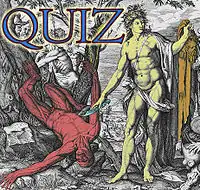 Apollo flaying Marsyas Take The Quiz Euhemerism, Etiology, and Freudian Psychology
 Apollo flaying Marsyas Take The Quiz Six myth theories
Each of these theories is helpful for understanding and explaining some Greek myths. Very popular and central myths usually have popular appeal because they meet several theoretical definitions of myths. No course can cover every ancient Greek myth. A serious reader of these materials will come across links and references to myths that are not explained in the course. An important part of a good mythology course is providing students with the ability to apply these theories to myths from both ancient cultures and today. Here is the list of different definitions of myth based upon the theories above:
 Apollo flaying Marsyas Take The Quiz Matching definitions with theories Further ReadingGeneral works on Classical Mythology
Theories of Myth Interpretation
References
|

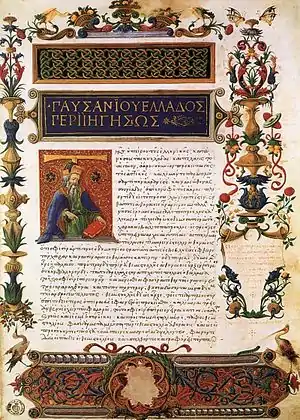

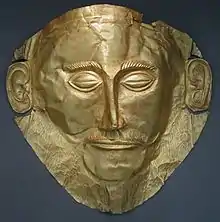
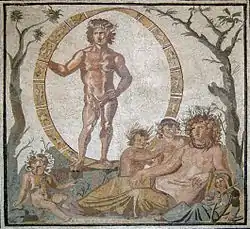
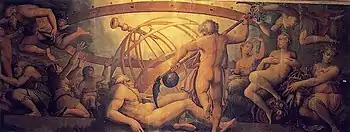

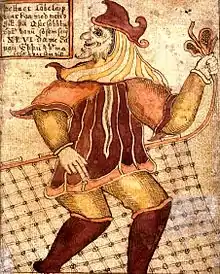

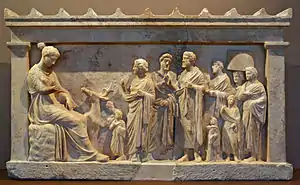
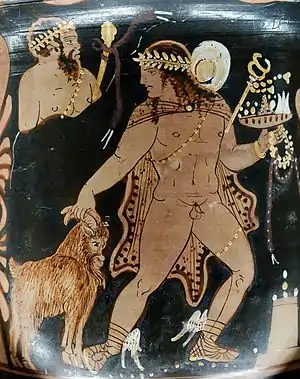
.jpg.webp)